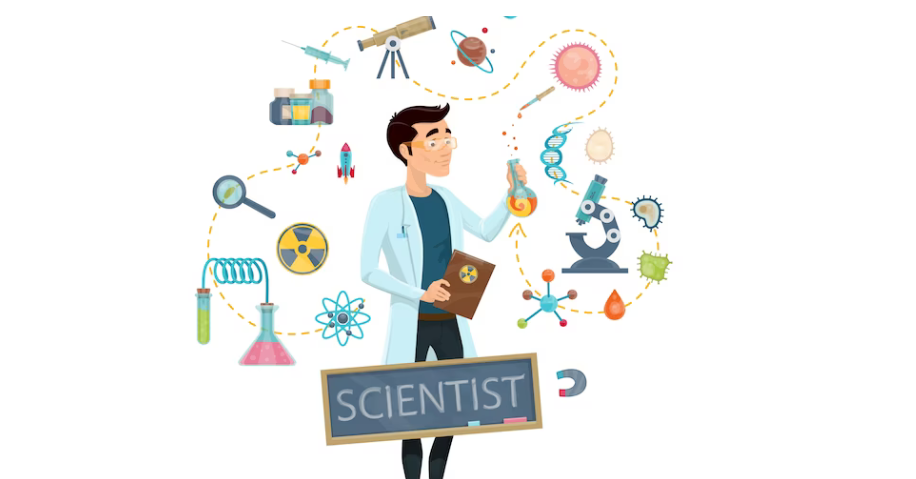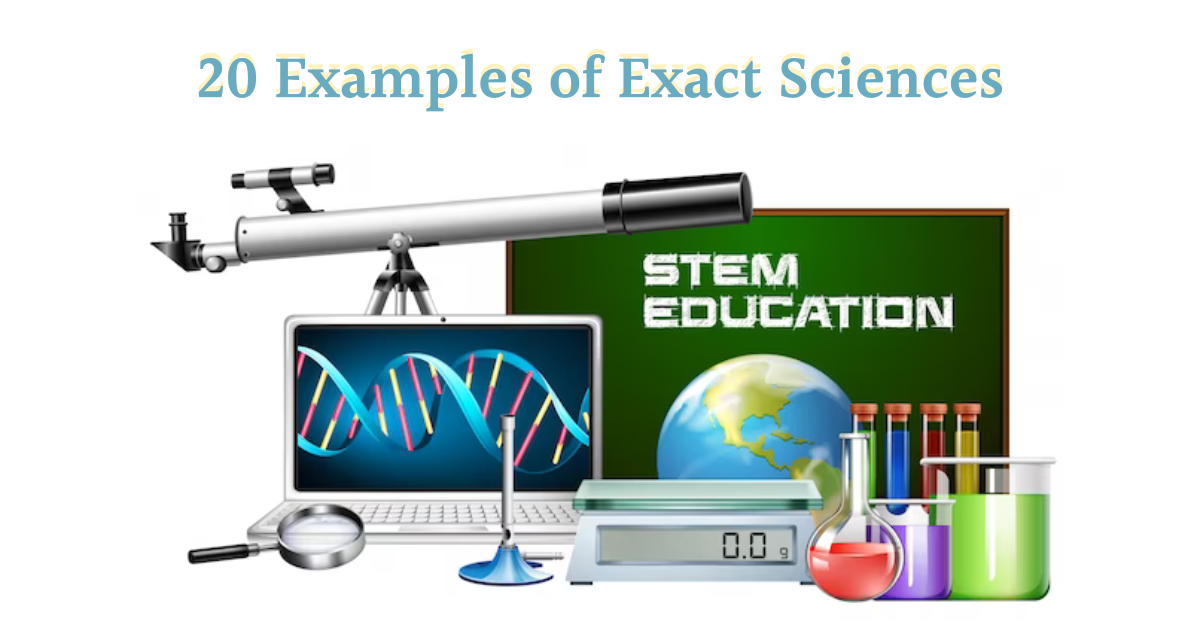In the vast and fascinating world of sciences, there are two primary categories: exact sciences and natural sciences. Exact sciences are disciplines that deal with quantifiable and measurable phenomena, relying on mathematical principles and empirical data for analysis and predictions. These sciences provide precise and reliable results, making them essential for various fields and industries. In this article, we will explore 20 examples of exact sciences and their significance in today’s world.
Mathematics
Mathematics is the foundation of all exact sciences. It encompasses various branches such as algebra, calculus, geometry, and statistics, providing tools for problem-solving, modeling, and understanding complex phenomena.
Physics
Physics studies the fundamental principles governing the behavior of matter, energy, space, and time. It explains phenomena from the subatomic level to the vastness of the universe.
Chemistry
Chemistry explores the composition, properties, and reactions of matter. It is crucial in fields like pharmaceuticals, materials science, and environmental studies.

Astronomy
Astronomy examines celestial objects, the universe’s structure, and the laws governing cosmic phenomena, contributing to our understanding of the cosmos.

Computer Science
Computer science deals with algorithms, data structures, and the design of computational systems, revolutionizing technology and communication.
Statistics
Statistics involves data collection, analysis, and interpretation, aiding decision-making and drawing meaningful conclusions from vast datasets.
Actuarial Science
Actuarial science assesses risk and uncertainty in insurance, finance, and other industries, ensuring stability and financial security.
Logic
Logic is the study of valid reasoning, deduction, and inference, playing a crucial role in mathematics, philosophy, and computer science.
Economics
Economics applies mathematical models to study the production, distribution, and consumption of goods and services, guiding economic policies.
Linguistics
Linguistics utilizes precise analysis to study the structure and evolution of languages, facilitating language preservation and learning.
Quantum Mechanics
Quantum mechanics deals with the behavior of particles at the atomic and subatomic levels, leading to groundbreaking technological advancements.

Operations Research
Operations research uses mathematical techniques to optimize complex systems, improving efficiency and decision-making in industries.
Electronics
Electronics relies on the principles of physics and mathematics to design and develop electronic devices and systems.
Cryptography
Cryptography secures information through complex mathematical algorithms, ensuring data confidentiality and integrity.
Game Theory
Game theory analyzes strategic decision-making in competitive situations, influencing economics, politics, and biology.
Geodesy
Geodesy measures and represents the Earth’s geometric shape and gravitational field, aiding navigation and geolocation systems.
Engineering Mechanics
Engineering mechanics applies physics and mathematics to study the behavior of structures and materials in engineering projects.
Optics
Optics explores the behavior of light, leading to the development of various optical technologies used in imaging and communication.
Cybernetics
Cybernetics studies control systems, feedback mechanisms, and communication in both machines and living organisms.
Meteorology
Meteorology employs physics and mathematics to understand and predict weather patterns, crucial for climate studies and disaster management.
In conclusion, exact sciences form the bedrock of human knowledge, enabling us to understand the world and make informed decisions. These 20 examples showcase the incredible breadth and depth of exact sciences and their impact on our lives, from technology to healthcare and beyond. Embracing and advancing these disciplines will continue to shape our future and drive innovation in countless ways.

